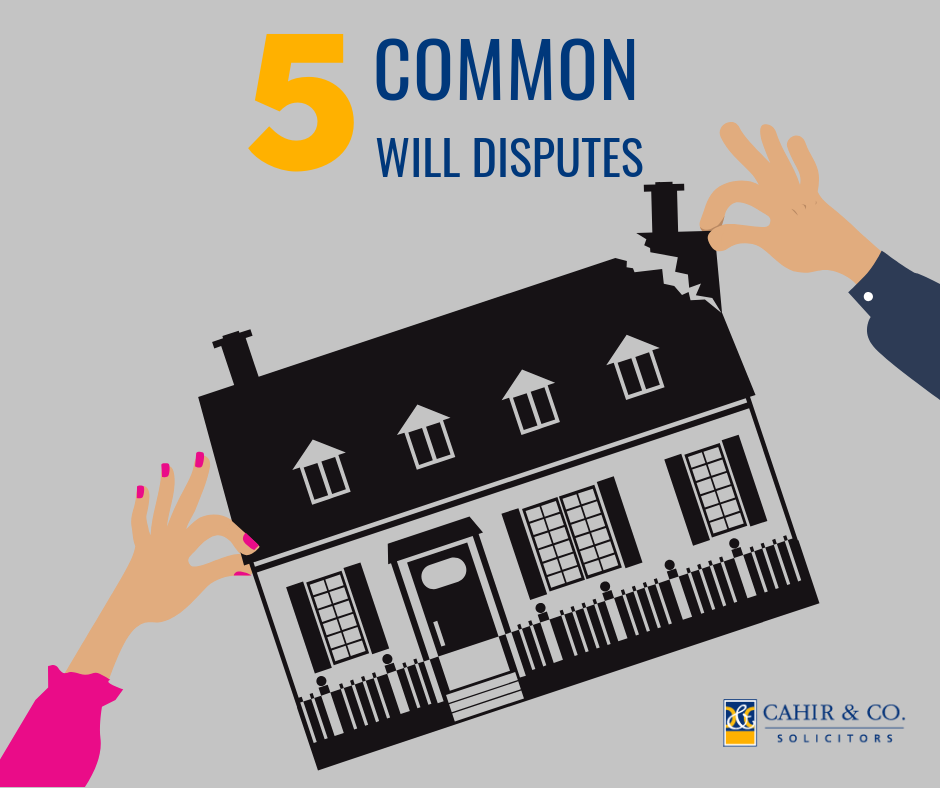Power of Attorney puts a plan in place to make decisions efficiently and avoids acrimony or interference at a time you are most vulnerable.
Unfortunately, mental incapacity arises, but planning for it ensures there is a designated person appointed to care for you and make the health and financial decisions if you deemed mentally incapable. In this event, you need an Enduring Power of Attorney (EPA) to protect your loved ones, your health and your assets. Below, I outline some of the most basic and commonly asked questions about this. I particularly wish carers, relatives, healthcare professionals and providers to be more aware of how an EPA can support everyone planning for ageing and their senior years.
- WHAT IS AN ENDURING POWER OF ATTORNEY?
An Enduring Power of Attorney (EPA) is a legal document which allows an individual to nominate a specific person (usually a close family member) to look after both their personal, health and financial affairs in the event of mental incapacity in the future. An EPA can only become active when the person who made the enduring power of attorney loses their mental capacity and legal steps are taken to bring the written document, the wishes and instructions contained therein formally into effect. Simply put, it is a document which allows the person nominated (donee) to make decisions on behalf of the person who nominated them (donor), if and when they lose the ability to do so themselves.
- HOW IS HAVING AN ENDURING POWER OF ATTORNEY HELPFUL?
An EPA can be a powerful document that significantly bypasses the hurdles and problems your family could face when trying to deal with your affairs should you become mentally incapable. The primary purpose of an enduring power of attorney is to enable somebody of your choosing to have the entitlement to manage your property, financial and personal affairs for you if you lose your mental capacity at some future date. Even though you may be mentally incapacitated the law will not allow any person, family or otherwise, without formal legal authority to deal with your property or your finance no matter how close they are in relationship to you and even though they may be acting or purporting to act in your best interests. The primary benefit of an EPA is that you make a choice when you are mentally agile, alert and have full mental capacity of whom you wish to be the person or persons you entrust such tremendous power over your life to should you become incapable in the future. Preparing an EPA obviates the possibility of being made a ward of court if you lose mental capacity in your lifetime.
- WHY IS HAVING AN EPA SO IMPORTANT?
There are approximately 50,000 people with dementia in Ireland today. These numbers are expected to increase to over 140,000 by 2041 as the number of older people in Ireland increases according to the Irish National Dementia Strategy, 17 December 2014. Dementia is just one example of a circumstance where individuals become mentally incapacitated and lose the ability to make decisions. Therefore the importance of planning to ease the burden on family members cannot be ignored. The importance of identifying whom you wish to be the decision maker/s is critical.
When a person does not have an EPA executed and then becomes mentally incapacitated, the person’s family members will face a cumbersome and costly court application to attempt to have authority to manage your affairs and make important decisions for your benefit. In this event, it is more likely you are made a Ward of Court. It’s essential to recognise family members may disagree about how to handle your care and how your financial circumstance. In contrast, the cost of setting up an EPA is relatively inexpensive when you compare the cost of it to the real value and clarity it gives.
- AT WHAT STAGE OF MY LIFE WOULD I MAKE AN ENDURING POWER OF ATTORNEY?
I urge everyone over 55 to ensure they have a will in place and execute an EPA at the same time. The critical aspect of this document is that you will complete it when you are mentally capable. The Donor (the person completing the documents ) must have sufficient mental capacity to execute an EPA. Both the solicitor and the doctor acting for you make a statement as to your mental capacity at the time of your signing the documents. I endorse the statement for my clients confirming I have interviewed them and that I am satisfied they are aware of the implications of making an EPA and that there is no reason to believe that the execution is as a result of fraud or undue pressure. Making provision for a loss of capacity while in your full health is what you need to do. It’s a precaution, and the document may never need to be acted upon but plan for all eventualities to safeguard for your care and welfare.
- DOES THE DOCUMENT COME INTO FORCE WHEN IT’S SIGNED?
When the EPA is executed the power does not become effective until it is registered. The requirement to disclose the EPA occurs when it becomes clear that the donor can no longer make their own decisions. It is necessary to prove this incapacity with a medical certificate from a doctor that the donor is or is becoming incapable of managing their affairs. Section 9(1) of the Act states, ‘If an attorney under an Enduring Power of Attorney has reason to believe that the donor is or is becoming mentally incapable, the attorney shall, as soon as practicable, make an application to the court for registration of the instrument creating the power.’ Once the attorney has applied for registration, they may act on the EPA, namely to take action under the power to maintain the donor and prevent loss to the donor’s property or savings. They may also make immediate personal care decisions that are authorised until the registration is completed.
- WHAT’S YOUR ADVICE?
Come in for a chat, understand the merits of putting an EPA in place. Be prepared, have your affairs in order and be kind to those who care for you by planning with clarity, understanding the significance, safety and security of making success in succession your motto.
“Success depends upon previous preparation, and without such preparation, there is sure to be failure.” Confucius
“An ounce of prevention is worth a pound of cure” – Benjamin Franklin




